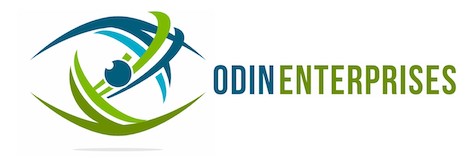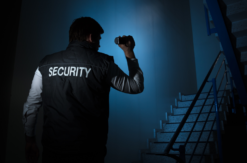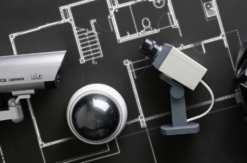Simply stated, situational awareness is knowing where you are; who, and what, is around you; and what imminent or emerging threats may soon require your full attention and correct response.
Knowledge, experience, and education enable us all to better interpret our surroundings and help determine if they are safe. This means everyone’s perspective is unique and that one’s viewpoint is only as accurate as one’s perception or reading of the situation. Furthermore, how an individual “reads” a situation will be influenced by the type of information s/he has been given, his/her own prior experiences, along with the number and duration of prevalent distractions. Those with more experience in specific environments, such as battlefields, can often filter out distractions and unimportant details more easily and focus on the dominate aspects of their domain.
It is important to note that situational awareness is more of a mindset rather than a hard skill. It is not something attributed only to highly trained government agents or to specialized corporate security teams. Indeed, it is a cognitive tool that can be exercised by anyone with the will and discipline to develop it.
Improving Your Situational Awareness
Merely paying attention is an important part of maintaining good situational awareness. However, determining the object of that attention is even more important. All perceptions are subject to filtering and focusing. People constantly filter information and shift focus. People also produce a lot of internal inputs such as thoughts about what to do next, stress, memories of similar experiences, and fear.
Situational awareness is depicted here as a cycle because situations and perceptions are constantly changing. Everyone starts with an initial perception of any given situation and then continually updates it with new information. That information is gathered through both observation, which includes input from the senses, and various forms of communication.
With practice, it is not difficult to improve one’s level of situational awareness. The discipline of practicing refers to the conscious effort of paying attention to one’s ‘gut instincts’ as well as to surrounding events. It is critical to learn to be observant, even while performing other tasks, so that hostile activity does not go unnoticed.
Get in the habit of regularly pausing to make a quick mental assessment of your work environment. When doing so, consider the following questions:
- Is there anything around me that poses a threat to my health and safety and if so, to what extent?
- Is the threat big enough that I should stop working?
- Is there anything I can do to safely reduce that threat so that I can continue my work?
Recognizing Suspicious Activity
I want to sharpen our focus and consider individual or coordinated attacks against the workplace. It is well known, for example, that surveillance often occurs before attacks are carried out. Recognizing pertinent indicators increases the possibility of deterring or preventing such acts. You know better than anyone what is normal in your immediate area. Use your situational awareness skills and report anything extraordinary or suspicious, such as:
- Person or vehicle seen in the same location on multiple occasions.
- Person sitting in a parked car for an extended time.
- Person not fitting into the surrounding environment, such as wearing improper attire for the location.
- Person who stays at bus or train stops for extended periods while buses and trains come and go.
- Long conversations on cellular telephones.
- Person videotaping, photographing, drawing pictures or taking notes.
- Person having unusual or prolonged interest in personnel and entry points.
- Person exhibiting nervous behavior.
- Person hesitating or looking around when entering a building.
- Person turning away when observed.
- Vehicle parked in prohibited zones.
- Vehicle with an altered or obstructed license plate.
- Broken down vehicle.
- Suspicious packages, devices, unattended briefcases, or other unusual materials.
Situational Awareness Training
As aspiring FBI agents, situational awareness was driven into us from our earliest days at the academy. Whether training to serve a high-risk arrest warrant, operate in an undercover capacity, or follow a suspected spy without being detected, the surest way to fail a practical exercise was to lose focus on our surroundings and make a costly mistake. Odin Enterprises now brings over 100 years of that same operational experience to our training curriculum and can uniquely offer national level security support, education, and training to our private sector clients.
Contact us today to learn how Odin Enterprises can help your organization increase security through situational awareness.
P: 678.906.4100
Visit us at www.odinenterprises.net




